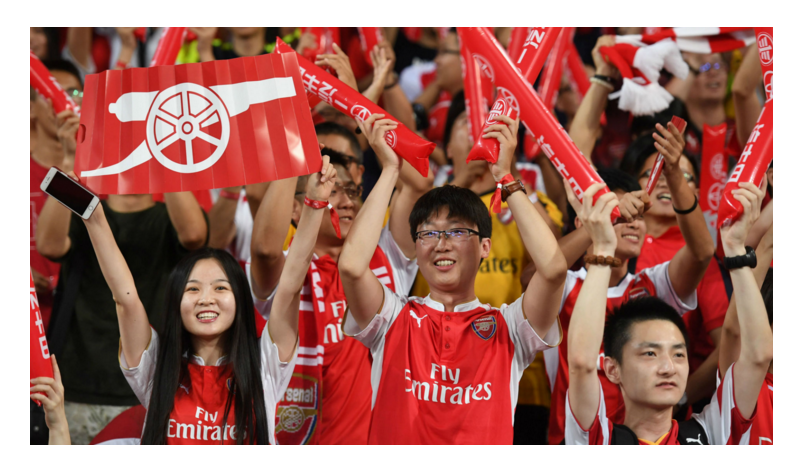Register
to get articles and more to your inbox
News & insights
Archive
Directory
Debunking Myths About Gen Z Sports Fans

Sports brands and marketers face both challenges and opportunities with Gen Z sports fans, according to a new study dispelling myths about them, most notably the idea that they have short attention spans.
The Nielsen Sports report, entitled Game Changer: Rethinking Sports Experiences for Generation Z, asserts that attention span doesn’t appear to be a problem with these consumers aged 16 to 24 and that it is more important to engage them with quality content, interactive opportunities and the overall entertainment experience.
While it’s true that Gen Z sports fans like short-form videos, bite-sized newscasts and podcasts, they are also happy to binge-watch on OTT platforms, while almost a third (29%) say they view gaming video content continuously for one to two hours at a time.
And another common misconception about these young people, according to Nielsen, is that they lack disposable income, even though there is evidence that they are more likely to buy luxury accessories than older generations.
This explains why the likes of Louis Vuitton and Tissot are backing Riot Games’ League of Legends esports competitions and NBA respectively as it “makes perfect business sense”, the report adds.
The Nielsen study, which is based on analysis of eight major markets – China, Japan, France, Germany, Italy, Spain, the UK and US – also says it’s a myth to imagine Gen Z is not loyal.
Instead, it’s more a question of emphasis because individual athletes are a much bigger draw than teams or leagues and Gen Z loyalties shift as personalities move around throughout their careers.
For example, Portuguese footballer Cristiano Ronaldo has three times as many social media followers on Instagram and X as the combined total of his team, Juventus, and Serie A league.
American basketballer LeBron James has three times as many followers on Facebook, X and Instagram as his current team, the Los Angeles Lakers, and 11.6 million more than his league, the NBA.
Commenting on the findings, Mike Wragg, Nielsen Sports’ global head of research, reiterated, “Consumption habits of younger audiences create challenges for sports properties and brands. As well as busting a number of myths around young people – such as their perceived short attention spans, lack of loyalty or disposable income – our findings demonstrate how sports sponsors and marketers can and have successfully evolved in the high-stakes competition to engage Generation Z.”








